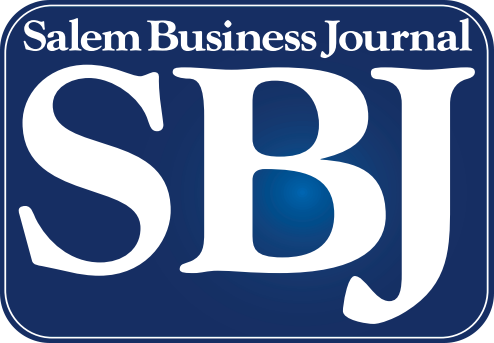Salem Revenue Task Force Set to Deliver Final Report

Dedication, engagement, and respectful disagreement all highlight the deliberations of the City of Salem’s Revenue Task Force as it prepares to hand its homework back to the City Council.
The task force, created last December, was given a six-month window to address what the City says is a shortfall in the revenue necessary to fund city services. It evolved from the overwhelming rejection of a city payroll tax by voters last year. The City had passed the tax without going to voters for discussion or approval and business leaders gathered signatures to force the issue to the ballot.
Brian Clem, a political consultant and former state representative, noted that the referral defeat, “sent a clear signal their pocketbooks were being pinched. We need an Oregon-way style conversation that is win-win or it’s not going to work.”
A series of recommended actions will be presented to the Council by mid-July. While the magnitude of the actual financial need has its skeptics and remains an issue of disagreement among committee members, there is no disagreement about the dedication everyone has brought to the process.
Raquel Moore-Green, also a former state representative, is on the task force and said she has been pleased with the commitment of all the participants.
“The task force truly is trying to do what is best for the city, although I remain concerned that we don’t leave other options on the table before moving forward,” she said.
Task force members reviewed over three dozen possible revenue-raising proposals, each with its own laundry list of advantages and disadvantages. Efficacy and fairness questions dominated most of the committee meetings. Many proposals, like a business license fee, would likely raise little money and what is left can be consumed by the expense of administering the program. Such fees also would move away from the objective of ensuring all Salem residents are invested in and contributing to a solution. It could also alienate a business community that will be a needed partner in helping the city advance any new proposals.
Russ Beaton, professor emeritus at Willamette University and task force member, has advocated for a small income tax, progressive in application, that he believes checks both boxes of providing significant revenue while also being fair by providing relief to those at lower income scales. He also believes it could be used to reform other city fees by reducing or eliminating those that target only a small subset of residents. He pointed out that is far different from the earlier payroll tax and its myriad complications and regressive application. Its future, however, is uncertain.
One revenue item — and it could be significant — is expected to be presented in the next session of the Oregon Legislature. Salem, like other state capitol cities, plays host to many large state government buildings and the employees who work there, and all rely on public safety services such as police, fire and emergency response. Since the state does not pay property taxes, those services are paid for by the rest of the citizenry. Other states have recognized this problem and have made payments in lieu of taxes to help offset the cost of services afforded them by their host city.
The issue was raised in the past legislative session as an introduction to a more robust deliberation by the legislature next winter. Payments could be in the millions of dollars and help to mitigate the need for other smaller, less efficient revenue sources the task force has been discussing. Governor Tina Kotek has signaled she is willing to discuss such a partnership with the state.
The task force appears ready to strongly recommend the City Council place any revenue proposal before the voters next spring, allowing the legislative pathway to come into focus, and providing the new councilors an opportunity to thoroughly engage citizens on both the need and the deliverables for any new revenue.
That requires getting a grip on the true scope of the problem, which has been vexing for many.
“It remains concerning to me that we are attempting to address a budget shortfall based on projections for the cost of future service rather than actual expenses and we should have better clarity on that before we move forward on new tax revenue requests of our citizens,” Moore-Green
Her concern was echoed by others, highlighting the importance of not rushing to judgement before those questions are answered and the larger public engaged.
“Frankly, I would be surprised, even astounded, if we didn’t recommend to the Council that whatever decision is made needs to go to the voters for their approval,” Beaton said.
Salem Chamber of Commerce CEO Tom Hoffert is optimistic the business community will stay engaged in the process to maintain the vibrancy and livability of the city. He had praise for outgoing Mayor Chris Hoy and Mayor-elect Julie Hoy.
“Mayor Hoy has an incredible understanding of process and the nuances of managing a municipality as its most visible public persona,” Hoffert said. “Sharing key portions of that wisdom with the new mayor-elect would certainly assist her in a quick transition.”
The task force is scheduled to deliver its final report to the city council on July 15.





